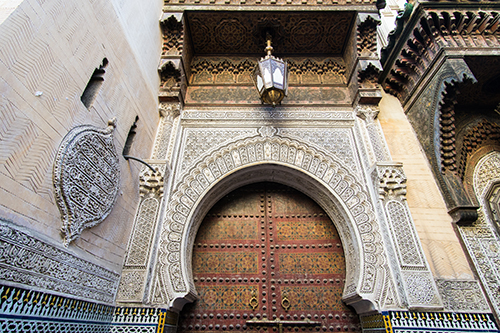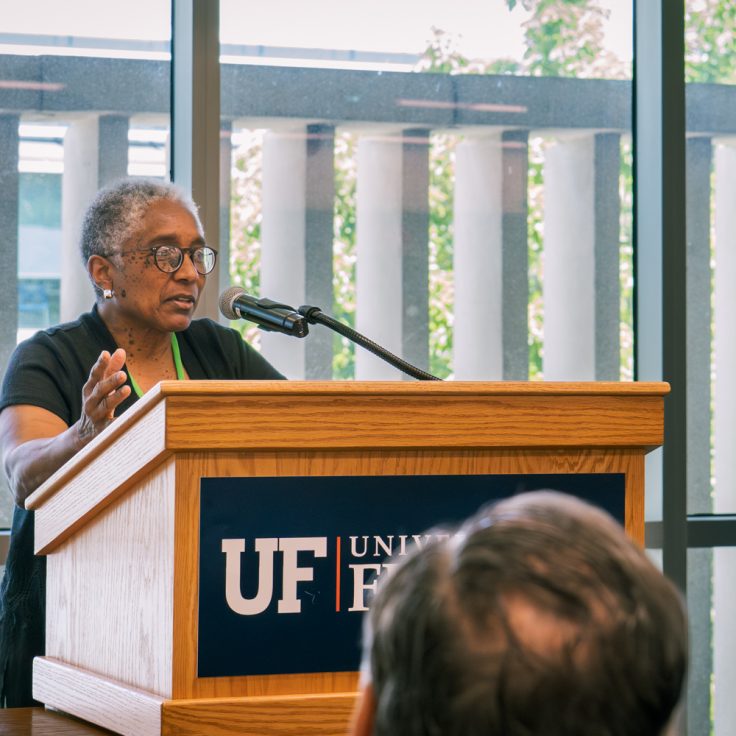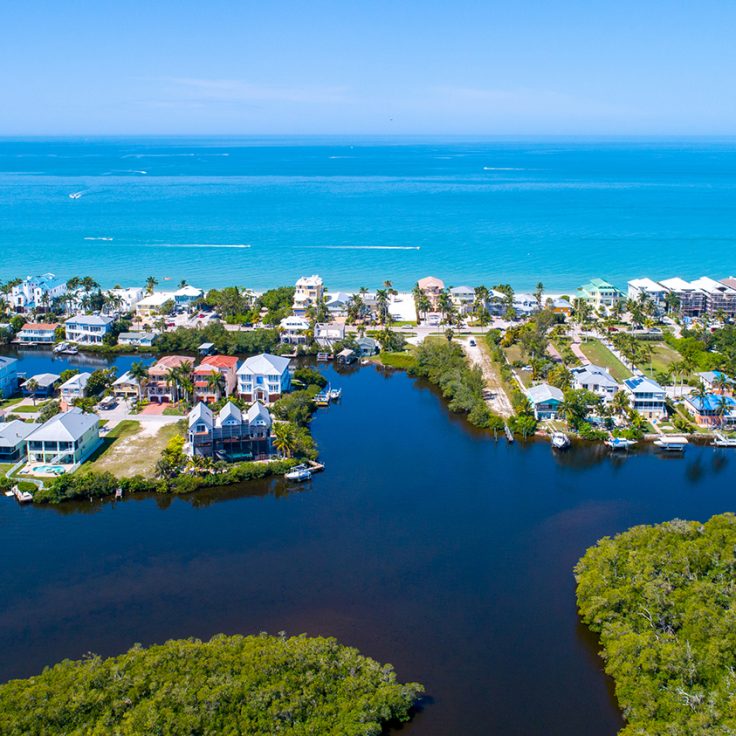
For Africans in the Sahel, water carries blessings as climate change spells trouble
The Sahel stretches across Africa, a narrow band sandwiched between the arid Sahara to the north and the wetter savannas of the central continent to its south, a transition zone for culture as well as climate, where people flow across national borders like water.
Migration through this crossroads has meant a mixing of languages, religions, and ethno-national identities. ABDOULAYE KANE, associate professor of anthropology and African studies, has studied the region for years, focusing on transnationalism, migration, global connections, and the African diaspora. His research has explored the pilgrimages made by Sufis, followers of a mystic tradition that extends to the earliest days of Islam.
Sufism bridges Islam’s Sunni and Shia divisions. It emphasizes purification, spirituality, rituals, asceticism, and hidden knowledge. Among the major Sufi orders, but a recent one, is Tijaniyyah, widespread in West Africa, and seated in Fes, Morocco, the resting place of its founder, Ahmad al-Tijani (1737 – 1815).

Kane has been studying the trans-Saharan religious circuits of the Tijaniyyah across the national borders between the Sahel and North Africa, Senegal, Mali, Mauritania and Niger, and from across the globe.
The Sufi pilgrims in the Sahel are motivated by the search for blessings, obtained at the tomb of Shaykh Tijani, through Tijani’s descendants, and in water from the well the tradition says was dug by Tijani.
“Water is among the first things because water is so vital in this part of the world,” said Kane in April as he was sitting in his office in Grinter Hall. “Going to fetch water has always been a gendered social space used by women to chat and get advice on issues related to marriage, pregnancy and health, working conditions within the household and how to handle in-laws, etc.”

Among the esoteric Tijaniyyah beliefs is that the well in Fes is mystically connected to a source of the Zamzam Well in Mecca, Saudi Arabia, more than 3,500 miles away.
“It makes a lot of sense from within their traditions to make these kinds of claims,” Kane said.
Stories in Islam recount that the Zamzam Well miraculously opened in the desert when Ishmael, son of Abraham, was left with his mother Hagar.
According to tradition, the Muhammad. Each year, millions of pilgrims making the hajj pilgrimage to Mecca drink from the well.
Blessings that can carried on the road
“Water is a sign of provision,” Kane noted, pointing to another ancient African, the biblical figure Moses, who was transported to safety as a baby in a basket floating on the Nile and who, according to tradition, rescued his people by parting the sea.
Unlike blessings from Tijani’s descendants or a visit to his tomb, water can be transported to those who are unable to travel. Pilgrims to Fes often return with containers holding blessed water that can be used by the faithful to heal, protect, and bring good fortune to families and friends.
Kane said pilgrims place bottles of well water next to Tijani’s tomb overnight or bring them to rituals on Fridays (Hadaratul Jumaat), during which the Tijaniyyah believe the Prophet Mohamad, his companions, and Shaykh Tijani are present, thus capturing the blessings from the distinguished, if invisible, guests.
When security restrictions limited the volume of liquids that airlines would allow on flights, it wasn’t unusual to see large containers holding blessed water abandoned at airport security gates. Today, you might be more likely to see pilgrims loading 10-gallon water bottles aboard buses heading to their homes.
“Mobility is an important aspect of survival in a very unpredictable region,” he said.
These patterns began long before the colonial era when there were large cities across the Sahel that were linked by trade. Seasonal migrations also saw herds of livestock moved from grasslands when the rainy season ended. New disruptions from political upheaval, religious fundamentalism, and climate change have made some of this travel more perilous.
African youth struggle to find opportunity
In May, Kane traveled to Thilogne, the town in Senegal where he grew up, and spoke over Zoom from his mother’s house as the temperature outside reached 124 degrees.
“The major issue here is the demographics. We have rapidly growing populations, and the states are struggling to create enough jobs for the youth.
This started in the early 1980s and, since then, a country like Senegal has been adding more than 200,000 youth into the job market per year with an ability to create less than 40,000 jobs,” Kane said.
“So, the excess is people who end up going into the informal economy with precarious and poorly paid jobs. The youth is just struggling to do something. Oftentimes that’s not sustainable so they end up exploring migration as an option,” he said.
“The second major factor is related to the environment. In rural areas, like the one where I am right now, the rain has been really very unpredictable. You have the cycles of droughts,” he said. “More and more, we are seeing people who are climate refugees, those whose livelihood is completely jeopardized by climate change.”


